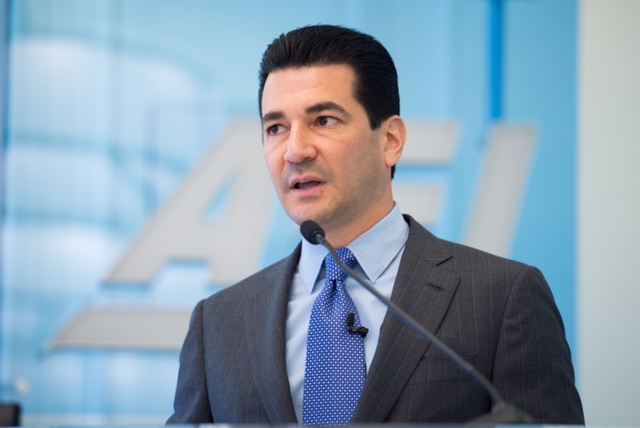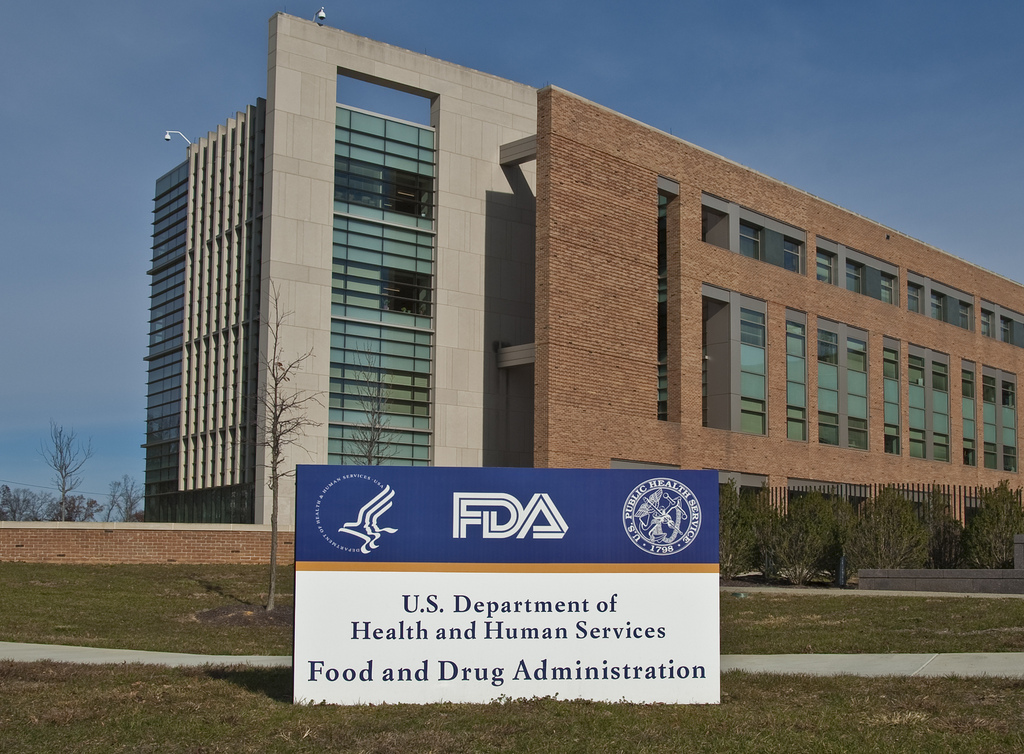After two years at the helm of the US Food and Drug Administration (FDA), Commissioner Scott Gottlieb left the agency on Friday, April 5.
His resignation came as a surprise last month after he denied rumors of his departure at the start of 2019. In the end, the 23rd commissioner said that missing his family was the main reason for his decision.
A note from FDA Commissioner @SGottliebFDA to the @US_FDA team… pic.twitter.com/K6iBKhZS5P
— U.S. FDA (@US_FDA) March 5, 2019
During his tenure, he addressed the opioid epidemic, which was deemed a national emergency by US President Donald Trump in August 2017. Gottlieb and the FDA created new prescribing guidelines and sought to choke off the flow of illegal drugs into the US, while also supporting addiction recovery programs and encouraging R&D in non-addictive pain treatments. Under his watch, a mobile application developed by Novartis’ Sandoz and Pear Therapeutics was approved to augment pharmacologic and behavior therapy for people with opioid use disorder.
The FDA embraced the surge in digital therapeutics by launching a Software Precertification Pilot Program designed specifically for software-enabled and wearable medical devices. Advances in artificial intelligence prompted the FDA to begin building a framework that suits the nature of these technologies – permitting modifications to algorithms based on real-world learning and adaptation.
Gottlieb also emphasized better tobacco control, as the prevalence of e-cigarettes and vaping among youth sparks concerns over long-term health outcomes. To that end, the FDA developed new policies to control the amount of nicotine in cigarettes and promoted the development of novel smoking cessation products.
Perhaps his greatest legacy was his work done on levelling the playing field between branded drugs and generic drugs. Despite his previous experience working in big pharma, Gottlieb did not hesitate to call out branded drug companies for stifling generic competition.
“In too many cases, branded drugs that are no longer protected by patents or other exclusivities do not face expected competition,” he stated in a February press release. “In fact, there are several hundred of such branded drugs that do not have any generic competition. Instances like these may keep prices high and ultimately hurt American patients.”
In his last month at the administration, the FDA kept up with revamping the medical device regulatory pathway, handing out warning letters to manufacturers of controversial breast implants and continuing a steady approval of medical devices and new drugs. In 2018, the FDA approved 59 drugs, the highest number of approvals in the last 10 years.
While this is a tremendous achievement for the FDA, some critics are concerned that these quick approvals come at the expense of safety and efficacy. Before Gottlieb even assumed the role as commissioner in May 2017, Dr. Michael Carome, Director of Public Citizen’s Health Research Group felt Gottlieb’s “close relationship with industry” would affect his decision-making, favoring the interests of industry over the interests of patients.
Through medical breakthroughs and drug shortages and recalls, Gottlieb remained a likeable public figure – in part owing to his efforts to keep the FDA’s activities transparent through frequent press releases and tweets. His open communication with the public will be missed by many.
In his speech at the final All Hands Meeting, Gottlieb said, “Some opportunities are so special that you know that there’s only a brief period of time in your life when you’re able to do them. I’m sad to leave [the] FDA, but proud of our time together during these past two years. There’s nothing I’d trade for this time.”
https://twitter.com/SGottliebFDA/status/1114240071522226176
Now, Ned Sharpless, director of the National Cancer Institute will be taking over as FDA Commissioner. As for Gottlieb, he has returned to his former employer, American Enterprise Institute as a resident fellow on health policy. According to a Washington Post interview, Gottlieb intends on continuing his work on unfair drug pricing.












Join or login to leave a comment
JOIN LOGIN